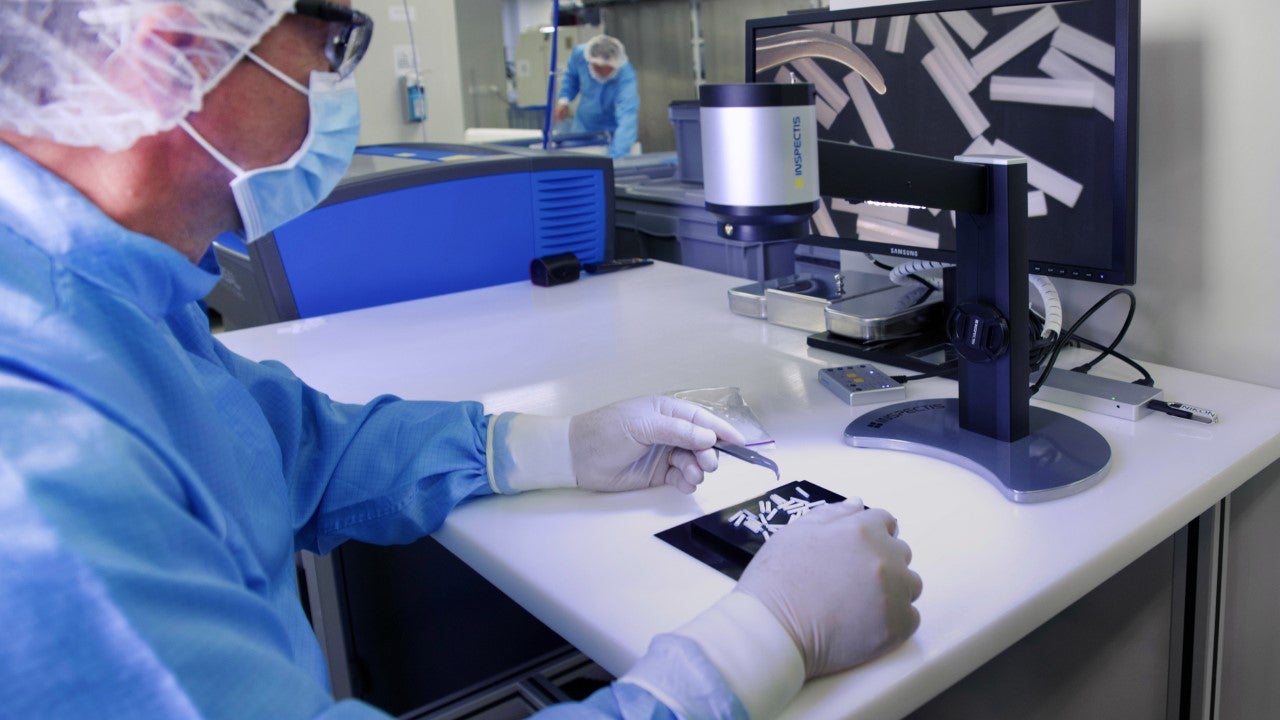
Before the pandemic, elective cardiovascular surgery was growing steadily in Europe. According to GlobalData, the total EU5 cardiovascular surgery devices market was valued at US$239.9m in 2015, but post-pandemic, the market has contracted slightly and is now expected to reach $231.9m by 2025.
GlobalData analysis of EU5, country by country, shows a more nuanced picture. While Germany, France and Italy show slight decreases in revenue over the predicted period, the UK and Spain show sustained growth. The UK market was $66.1m in 2015 and is predicted to rise to $73.9m by 2025. Spain shows a similar pattern, with revenue rising from $14.9m in 2015 to $17.0m by 2025.
Units of cardiovascular surgery devices sold (comprising beating heart surgery systems, cardiopulmonary bypass equipment and perfusion disposables) also show predictions of total units for 2025 down on previous years. From 452,652 units in 2015, expected to reach 385,360 in 2025. However, figures show that cardiopulmonary bypass equipment showed a growth of 1.8% in 2020 and is predicted to grow 1.9% by 2025, with units sold up by 3.4%.
As cardiovascular surgical needs evolve, UK and Spanish markets are developing the fastest in the EU5, but demand for cardiopulmonary bypass procedures is gaining momentum throughout Europe as so many elective surgeries were postponed during the pandemic, with resultant backlogs.
Pushing the sector forward
During open-heart surgery, an array of medical devices temporarily functions as the heart and lungs. Extra-corporeal circulation (ECC) – also called cardiopulmonary bypass – includes extremely precise filter devices integrated into the venous/ cardio reservoirs, oxygenators, blood bags, and arterial line filters.
A fundamental element of these devices is biocompatible medical fabric – precision textile filters designed to be biocompatible and used in a range of medical devices, especially in high-precision applications such as heart surgery.
Biocompatible medical fabric is made to be flexible, strong, and inert by using textile forming technologies and advanced fabric finishing techniques. Of course, components for the medical device field must also undergo stringent testing and certification. Extremely accurate mesh openings, with defined surface characteristics within strict biological specifications, are a prerequisite for medical applications.
Pushing the sector forward is industry-leading provider of technical fabrics for medical devices, Sefar AG. The SEFAR MEDIFAB® product range (biocompatible woven precision fabrics) is made from monofilament synthetic yarns, typically polyester (PET) and polyamide (PA). The fabrics provide all the necessary certificates and evidence for use in the medical sector (according to USP VI), including production processes being monitored according to ISO 13485.
Benefits for precision surgery
Jérémie Weber, regional market manager medical, Sefar AG, explains in more detail how technical fabrics are used in cardiovascular surgery: “Technical fabrics are used in the extracorporeal blood circulation device, as security filters in arterial filters, cardiotomy/venous reservoirs, parts of the oxygenators, and “bubble traps”. Technical fabrics are also used in stents and heart valves, as well as filters in minimally invasive surgeries.”
Weber says the key to using these fabrics in precision surgery is the open mesh structure. “The precise opening of the holes enables a very precise filtration efficiency. Additional benefits of using Medifab precision fabrics are the excellent biocompatibility properties, mechanical stability, flexibility, and the thinness of the mesh. Furthermore, the workability of technical textiles in different shapes and forms make them optimal candidates for miniaturising and precision devices.”
Sefar offers precision meshes for use in heart and lung machine systems, as well as reinforcement meshes in heart valves, and reinforcements for stents. The challenge for the fabric is mechanical stress versus stability in time and integration into the devices, notes Weber.
Miniaturisation leads development
Demand for these type of products is growing, says Weber: “Technical textiles for cardiovascular devices is growing due to the miniaturisation of the system, as well as the rising demand in thin and resistant materials.
“This field is continuously growing due to the many advantages of technical textiles and the development of new technologies such as coatings and yarns. The trend for thin and miniaturised devices will accelerate the development of new textile products.”
SEFAR MEDIFAB® can be used for a broad range of medical applications, including implants, medical devices, security filters for infusion sets, and applications for cell growth. These applications require the highest quality standards (ISO 13485, ISO 10993, USP VI) and are processed in Sefar’s Class-7 cleanroom. In addition to standard testing methods, Sefar says that all MEDIFAB® fabrics are tested for endotoxins and haemolytic substances, and USP class VI/ISO10993 and cytotoxicity tests are also performed.
Sefar is playing its role in pushing the sector forward with its innovative, biocompatible products for use in heart surgery. To find out more, download the whitepaper below.


